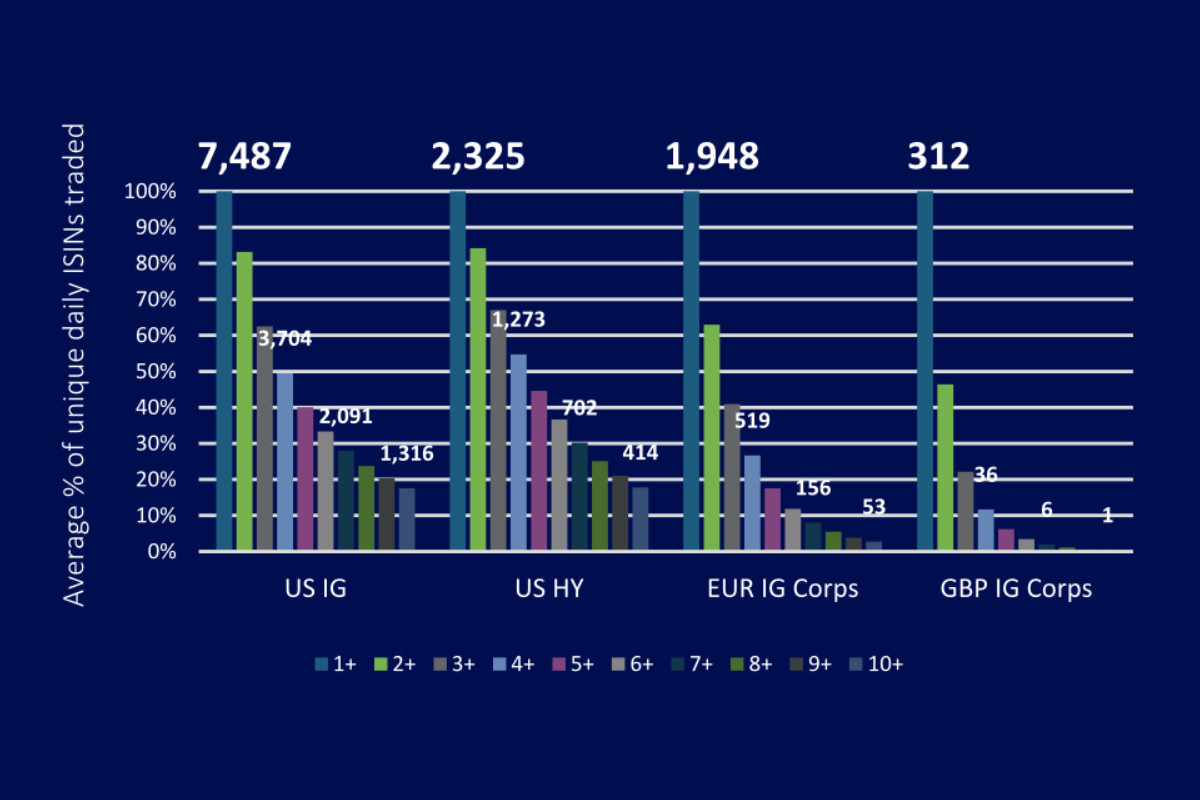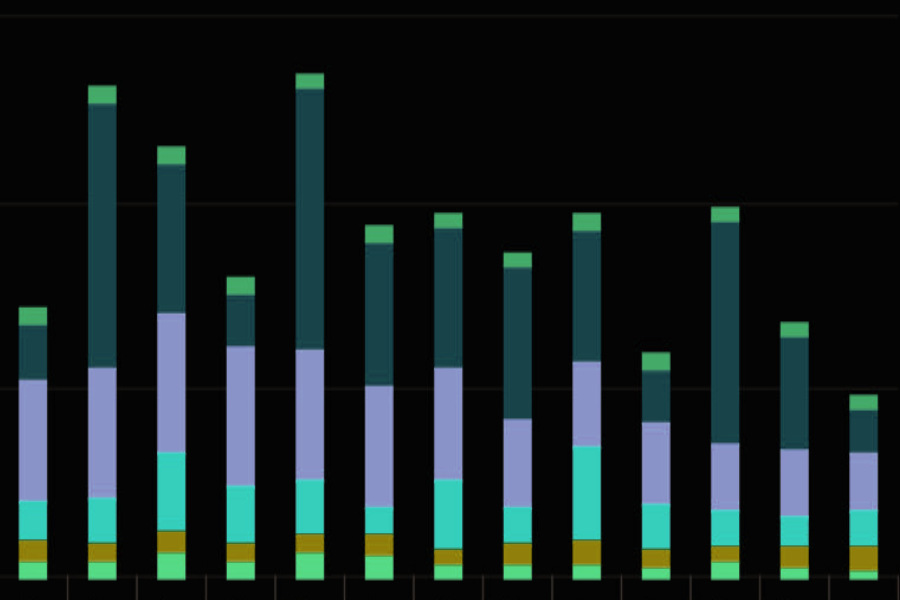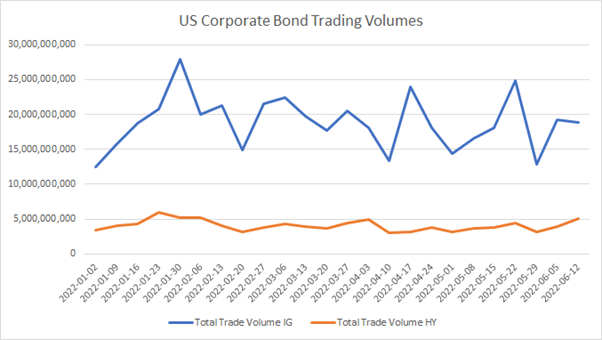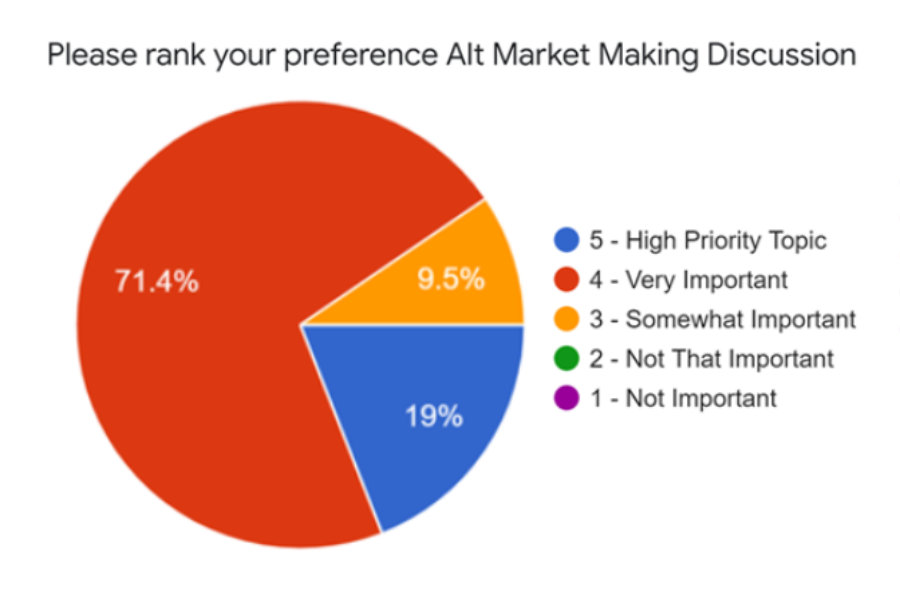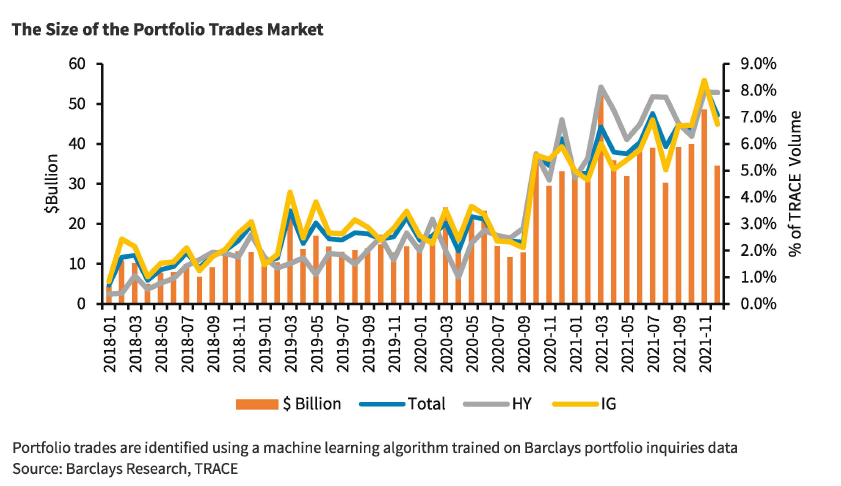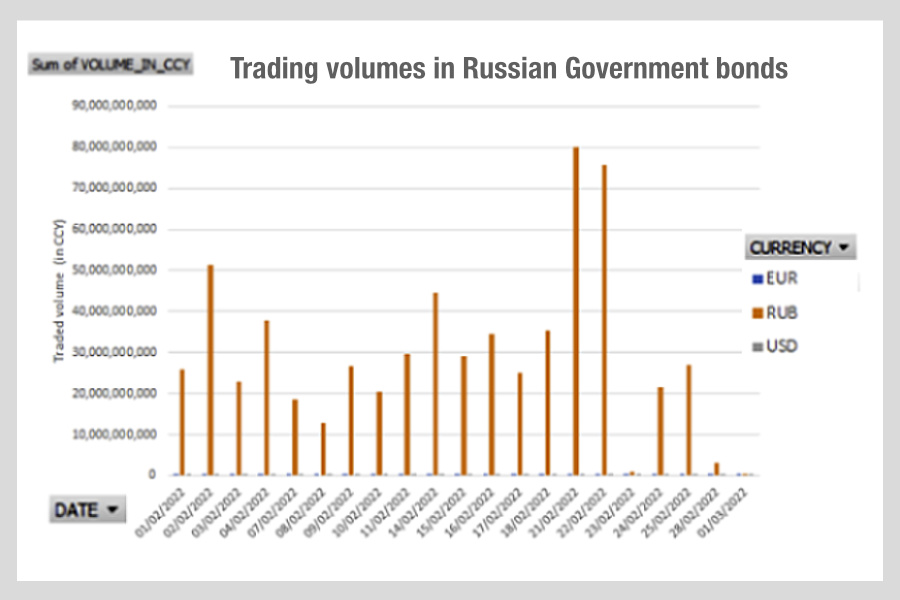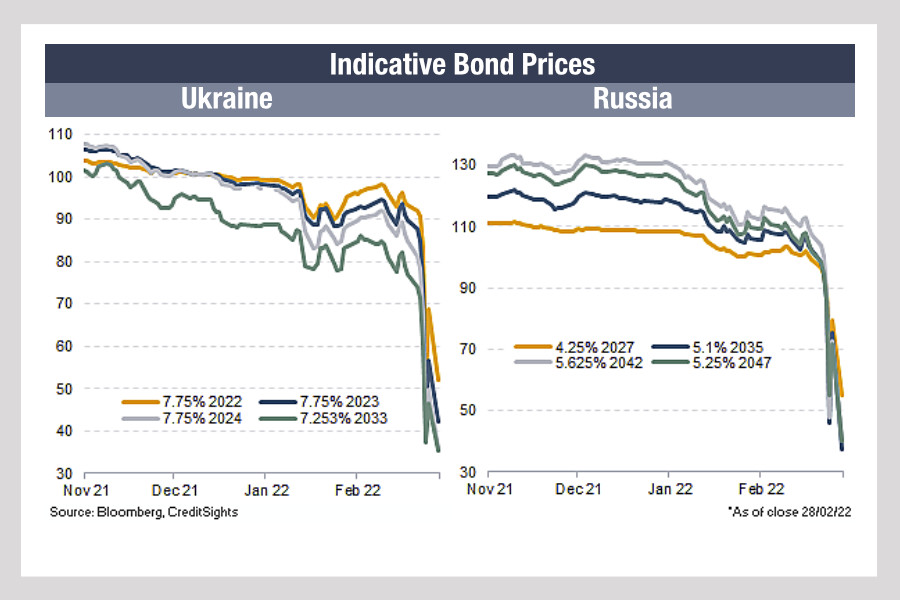By Shobha Prabhu Naik.
A working paper written by Antonis Kotidis and Neeltje van Horen, staff for the Bank of England, has identified that the leverage ratio introduced in the capital regulation known as Basel III, is affecting liquidity in the repurchase agreement (repo) market with smaller asset management clients suffering disproportionately.
Using a new Sterling Money Market Database (SMMD), which contains supervisory transaction-level data covering repo transactions, the paper researches the outcomes of changes made in the dynamics of the repo market since the regulation came in at the start of the financial crisis.
In the wake of the crisis, it argues, the dynamics in the repo market changed considerably. According to the paper, liquidity in core repo markets has dropped, costs faced by some agents have increased and there are concerns about a weakening of the repo market functioning. The paper quotes chairman of the Federal Reserve, Jerome Powell who has said that “many point to post-crisis regulation as a key factor driving any recent decline in liquidity”.
Data from the SMMD shows that because the leverage ratio is a non-risk weighted measure that requires banks to hold capital in proportion to the exposure measure, the requirement constrains leverage in the banking sector and thus helps to mitigate the risk of destabilising deleveraging processes. However, whilst it provides a safeguard against model risk and measurement error, the non-risk nature also makes it costlier for banks to engage in low margin activities.
According to the Katidis and van Horen, “As a result, the leverage ratio makes it effectively more costly for banks to assign balance sheet to repos, relative to assets with higher margins… Banks can hence be expected to react to this increase in cost by limiting their repo dealers reaction to an intensification of the leverage ratio by stepping away from smaller end-users.”
The paper argues that this finding has strong policy implications as it shows that capital regulation has the potential to undermine the level playing field for small banks and non-bank financial institutions relative to their larger competitors, especially as the increased cost of engaging in repo activity is disproportionately levied on them. Without other dealers stepping in, the research states, “smaller end-users ultimately have to pass on these costs to their clients. Furthermore, it can incentivize them to invest their cash in more risky ways…, it can impair their access to derivatives markets and it can increase the cost they face when hedging interest rate risk”.
Katidis and van Horen do suggest that a possible way to reduce the impact of the leverage ratio on repo market liquidity for small end-users would be to widen participation in central counterparties (CCPs) to the end-users of repos.
They argue, “If end-users are members of the same CCP as their intermediating dealer, then the dealer will be able to net the transaction for the purpose of the regulation”.
©TheDESK 2018


























